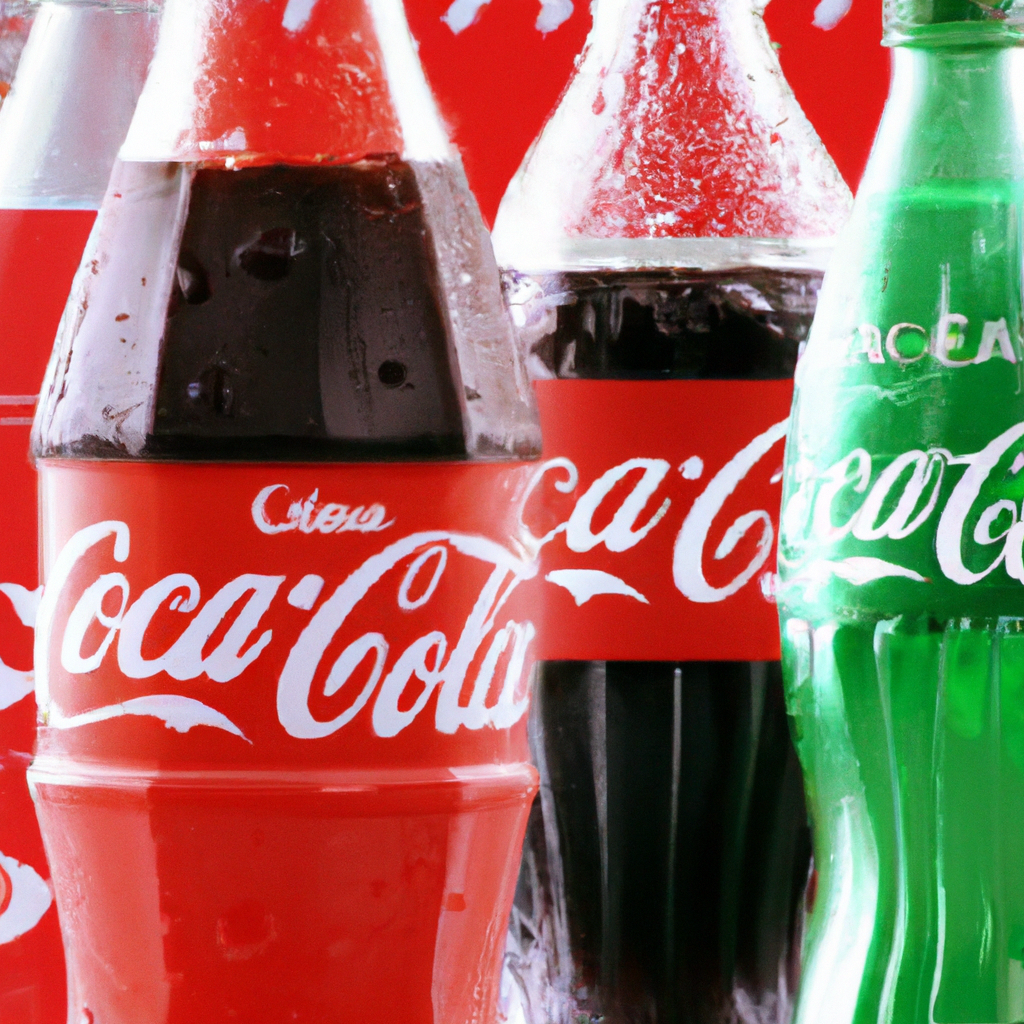Weight loss medications and non-alcoholic alternatives are prompting U.S. consumers to purchase fewer sodas.
Despite this trend, Coca-Cola reported strong earnings for the second quarter on Tuesday, fueled by robust global demand for its beverage offerings. As a result, the beverage leader raised its full-year guidance.
Coca-Cola’s CEO, James Quincey, expressed optimism, stating, “We are encouraged with our second-quarter results, which delivered solid topline and operating income growth in an ever-changing landscape.”
However, the company did experience a 1% decline in volume sales in North America for the quarter. During an earnings call, Quincey noted that the dip was attributed to “softness in away-from-home channels,” which encompasses its water, sports drinks, coffee, tea, and soda products.
This decline was partially balanced by increased sales of its Fairlife milk and the Coca-Cola soda itself, which ranked first and second in retail sales growth for the quarter.
To combat the sales decline, Coca-Cola is collaborating with food chains to include their soda in combo meals. The company is reportedly working with McDonald’s to enhance the fast food chain’s $5 meal deal that includes a soft drink.
Coca-Cola exceeded Wall Street predictions with second quarter revenues reaching $12.4 billion, translating to approximately $0.84 per share. Analysts had anticipated the company would generate $11.76 billion, or about $0.81 per share.
Looking ahead, Coca-Cola has revised its forecast for organic revenue growth to between 9% and 10%, raising it from a previous estimate of 8% to 9%.
Similarly, Pepsi has faced challenges in capturing the attention of American consumers, who are increasingly opting for products focused on weight loss and healthier lifestyles. A recent Gallup poll highlighted a significant decrease in alcohol consumption among young adults in the U.S. Earlier in July, Pepsi attributed its subdued second quarter to a series of recalls.
